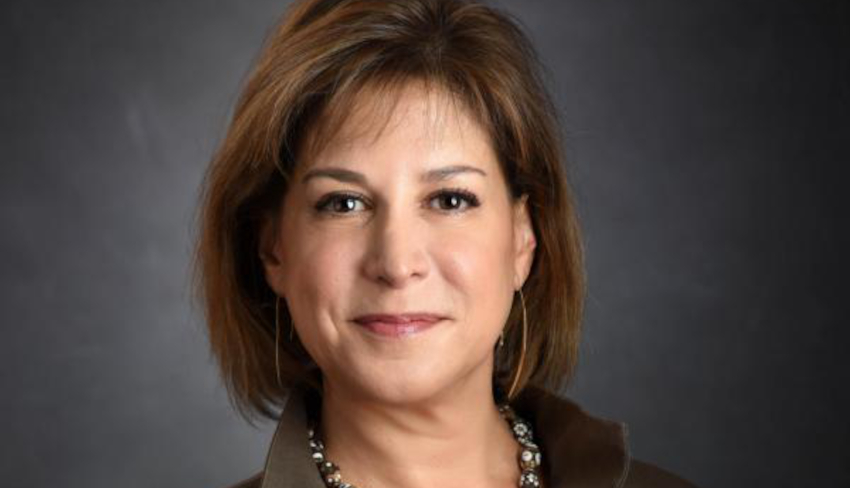U.S. analyst and commodities platform PanXchange, which operated in hemp and other sectors, has discontinued operations, according to the company’s founder.
Julie Lerner, who had also served as PanXchange CEO, announced the shutdown in a post on the company’s LinkedIn page late last week.
“It is with deep remorse to announce that PanXchange is closing its doors,” Lerner said. “Unfortunately, due to no fault of PanXchange, the 7-figure balance from our funder was not secured.”
Lerner said she is “legally restricted from giving further details at this time.”
Move into carbon
Lerner told HempToday that although the company’s business in the hemp sector had cooled due to overall market contraction, PanXchange had met its carbon market growth goals, and was well-advanced with its plans in that space.
The company started marketing itself as a carbon credits trader in early 2022.
“It was here (in carbon) that we were poised for tremendous growth, with a solid pipeline of projects to develop and partnerships with other project developers to bring their credits to the PX platform,” Lerner said in the post.
Lerner did not identify the investor who halted the funding, but it would appear to be HBAR Foundation, a non-profit that supports entrepreneurs with financing, access to a network in sustainability circles and technology. PanXchange in August announced a deal with the Foundation for funding to support the company’s integration with Hedera Network, which is associated with HBAR.
PanXchange received the first tranche of a $1.3 million grant to implement Hedera’s blockchain solution, for carbon trading on its platform, according to the PanXchange website.
Hemp since 2019
Founded in 2011, Denver-based PanXchange was an over-the-counter physical commodities exchange and consultancy. The company’s first platform was in the East African agriculture market in 2015. It later built out an exchange in the U.S. upstream oil and gas industry in 2018, followed by industrial hemp in 2019.
PanXchange got into hemp as the trade in flowers for CBD was peaking in 2019. As the CBD market crashed, the company in 2020 turned its attention to hemp grain and stalk – suggesting the hemp fiber, feed and food seed markets could evolve into traditional cash crops for U.S. farmers.
Those developments have so far failed to materialize as hemp continues in a lingering slump and farmers burned by CBD gave up on the crop altogether. U.S. hemp farmers harvested only 18,251 acres in 2022, down from the peak planting year in 2019, when plantings of 500,000 acres were recorded.

